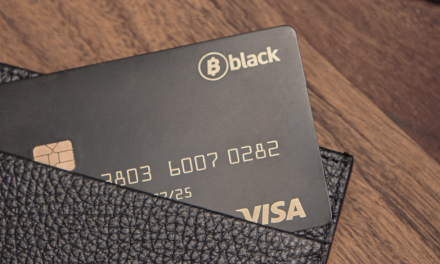Hong Kong is seeking to regain its status as a hub of cryptocurrency activity by introducing a new licensing regime. The province is hoping to lure back developers and companies who left for Singapore and other locations due to China’s clampdown on digital assets and the strict Covid-related quarantine measures. However, crypto companies and their lawyers already want changes to the new licensing rules before they’ve even taken effect, arguing that the proposed regime is too stringent and won’t attract the caliber of companies needed to restore the city as a digital assets center. The government is keen to get the crypto licensing framework right as it is a key policy area, and officials have staked a lot of energy and political goodwill on the asset class and the technology behind it.
New licensing regime not without challenges
According to industry members who spoke to The Block, a limited pool of qualifying tokens that exchanges can offer retail investors, onerous cold storage requirements, and unclear licensing rules are among the concerns that have been raised about the proposed new rules. The Securities and Futures Commission announced the new mandatory licensing regime for crypto exchanges and service providers last month and simultaneously relaxed a ban on crypto firms targeting retail investors. The planned changes were published as a public consultation, and industry members have until the end of March to respond with feedback.
Regulatory regime needs to attract big-name firms
Several firms have already said they want to apply for the new license, including BTSE, Huobi, JPEX, and OKX, while Bitmex has a large Hong Kong presence but has declined to comment on its plans. Lawyers for the sector have said several international exchanges were making inquiries without revealing their client names, arguing that the city had immense appeal for globally-minded firms given the volume of mainland Chinese customers already banked and investing in Hong Kong. However, for the new licensing regime to be successful, the city will require several big name firms in order to generate the liquidity needed. This may be a challenge given negative headlines around some exchanges. Binance, for example, is under scrutiny in the U.S., and a recent report by CNBC suggests the company has helped customers circumvent Chinese mainland restrictions on digital assets. The licensing process, however, would give the SFC a chance to look under the hood and impose changes on how firms operate, according to one lawyer.
Requested changes to the proposed rules
Issues flagged in the proposed rules include strict limits on the tokens and services licensed exchanges will be able to offer retail investors, a requirement that 98% of client assets be held in cold storage, and the absence of futures trading, which remain off limits to retail investors under the proposed regulations. Only “eligible large-cap virtual assets” that are included in major index-providers can be considered, according to the current wording, which narrows the list down to a handful of tokens. Lawyers have suggested that the SFC should just start with ether and bitcoin and gradually expand out. The 98% cold storage requirement has also been seen as too onerous given daily liquidity needs, with a 10% hot wallet limit seen as a more manageable number. The absence of futures trading has also been raised as an issue as they are a useful hedging tool. Submissions are being collected by the SFC until the end of March, after which the regulator will consider all views received and publish the consultation conclusions in due course.
Source: The Block





